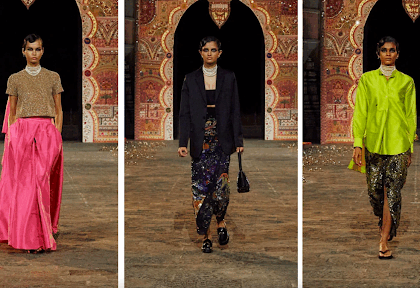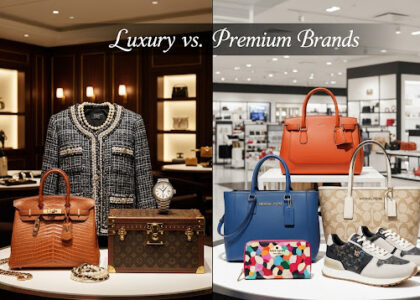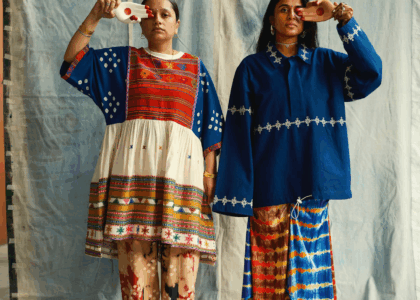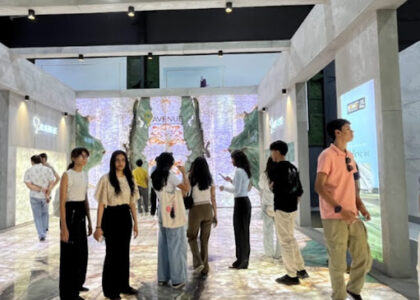Once upon a time, luxury was about knowing the right names, the right price tags, and the right people. Today? It’s about knowing yourself.
The new luxury customer doesn’t come with a chauffeur, they come with Wi-Fi, opinions, and a sharp filter for what feels fake. They’re Gen Z and young millennials. They grew up online. They’ve seen every hype cycle, every influencer haul, every “limited edition” drop that wasn’t actually that limited. And they’re not buying it, unless they believe in it.
Take the Stanley cup craze. A reusable mug turned viral status symbol. Or the “Sephora kids” phenomenon, where 10-year-olds in skincare aisles sparked backlash and think-pieces. These moments go viral fast but they unravel just as quickly. Because trend fatigue is real. And luxury, in the eyes of the new consumer, isn’t just about being seen. It’s about being understood.
At The School of Luxury Retail, we teach our students to read between the lines of culture. To not just chase the latest trend but understand why it resonates and when it stops. Because when luxury goes viral, it’s not just marketing- it’s psychology, sociology, and sometimes, satire.
The new luxury customer doesn’t care for old-school snobbery. They want quiet confidence. They prefer Bottega Veneta’s no-logo minimalism to blingy excess. They’d rather support a heritage craftswoman in Rajasthan than a mass-produced “It bag.” They scroll for information, not just inspiration.

And here’s the twist: these customers want to be impressed but not manipulated. They know when you’re talking down to them. They’re immune to the hard sell. They want brands to be authentic, inclusive, and culturally fluent. If you don’t speak their language, they’ll scroll right past you.
That’s where The School of Luxury Retail’s students come in.
We don’t just teach branding, we teach cultural fluency. Emotional intelligence. Intuition. Because you can’t create for a new kind of luxury customer with old strategies.
Our curriculum dives deep into consumer psychology, digital behavior, and value shifts in luxury markets. Students dissect viral moments like the Stanley craze not to laugh at them, but to understand what they reveal about status, identity, and belonging in a digital world.
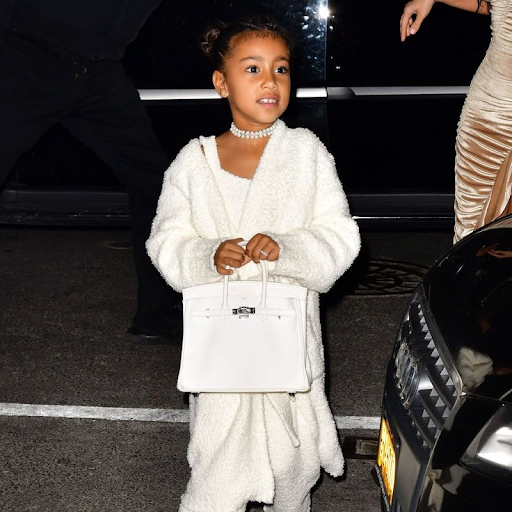
They explore how AI, gamification, resale, and virtual reality are influencing the next phase of luxury. They create brand concepts not just for portfolios but for people who can’t be fooled by empty labels. They learn that storytelling, sustainability, and silent signals are more powerful today than any logo.
In fact, many of them are already interning at major luxury firms in their first year. Because brands are hungry for minds that understand what today’s customer actually wants: not just products, but meaning.
The luxury customer has evolved. And so must the people who serve them.
At The School of Luxury Retail, we’re building a new kind of professional, one who isn’t just fluent in fashion or fragrance, but in nuance, narrative, and next gen thinking. Because in a world where luxury is constantly being redefined, the smartest thing you can study is the human behind the purchase.


